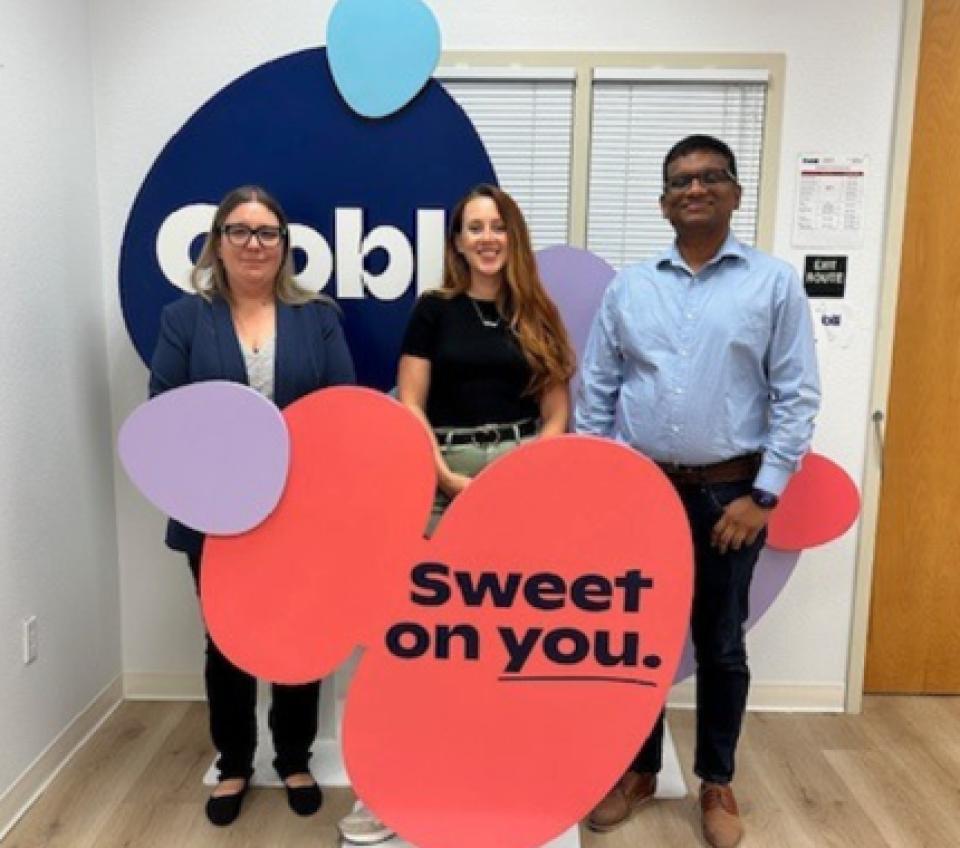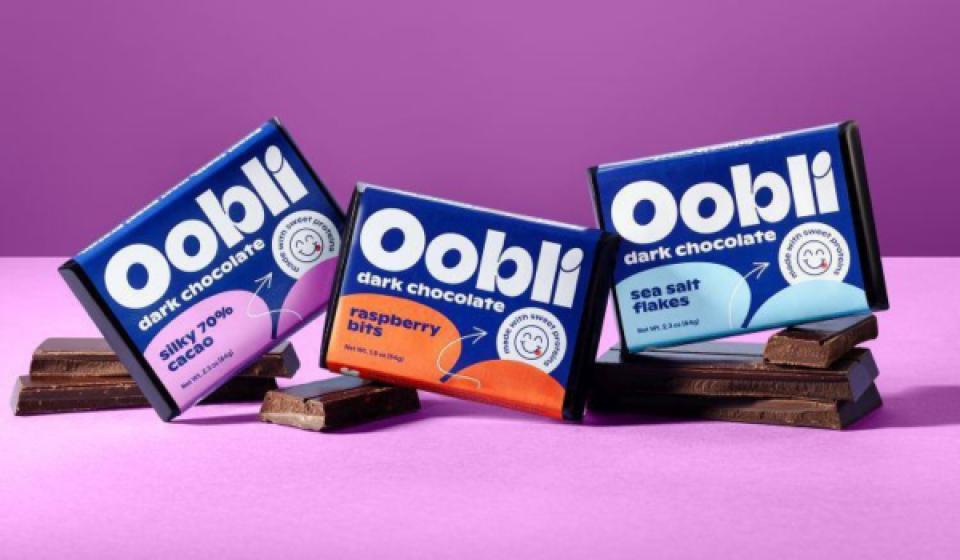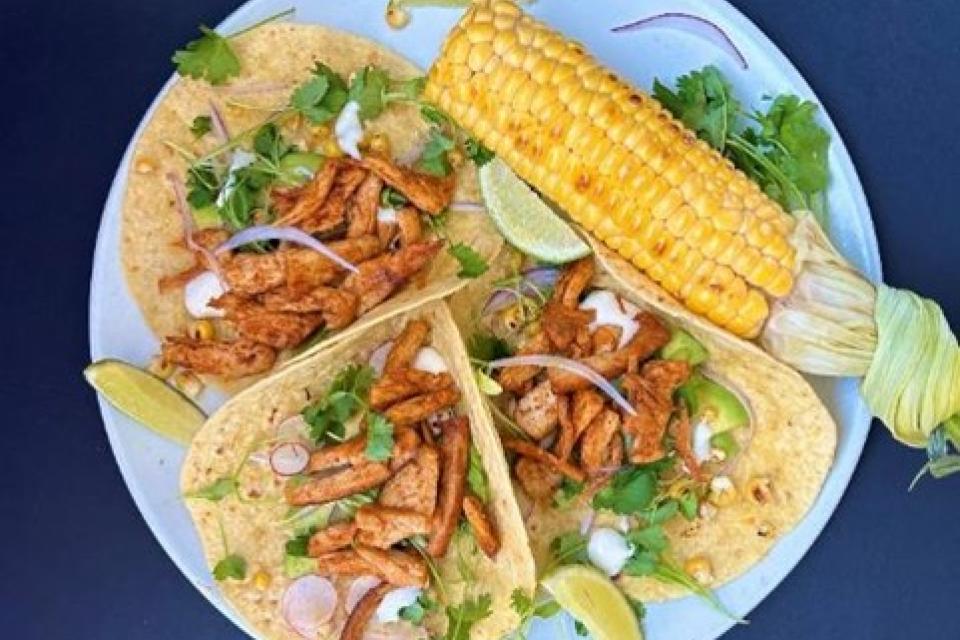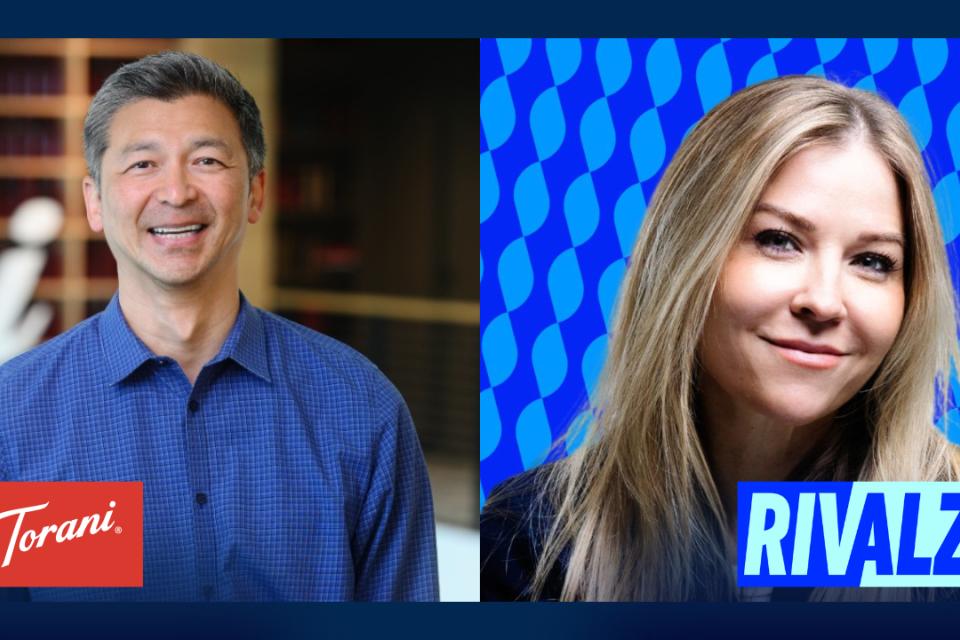Revolutionizing the $90B Global Sweetener Market
Our Part-Time MBA team delivers market insights for Oobli’s healthier innovation

What happens when you mix an ex-Apple executive, a commodity data expert, a cloud technology specialist and a food industry storyteller? You get an unlikely team of Sacramento Part-Time MBA students tackling one of the world's sweetest challenges—literally.
Picture this: You're managing your day job, attending evening classes twice a week, and suddenly you're handed an Integrated Management Project (IMP) with a revolutionary food tech startup. That's exactly what happened when we partnered with Oobli, a company creating sweeteners from proteins that are 5,000 times sweeter than sugar.
Helping Oobli Understand and Expand in the Global Sweetener Market
Our mission seemed straightforward at first—help Oobli understand the global sweetener market and identify expansion opportunities for their breakthrough sweet proteins that don't spike blood sugar levels. What we discovered was a $90 billion industry more complex than we ever imagined.
For our IMP, our team had the exclusive opportunity to partner with Oobli on a market research project to:
- Determine market size estimates for the global sweetener industry.
- Evaluate the geographic regions where major sweetener suppliers are investing or expanding.
- Conduct a competitive analysis of leading B2B alternative sweetener producers.
We would then deliver a comprehensive database that would allow them to access and work with the data collected.
We squeezed data analysis between client calls and carved out weekend hours for competitive intelligence reports. This real-world constraint became our superpower.
Why Part-Time MBAs Excel at Real-World Problem Solving

Our four-person student team brought decades of combined experience: Ian Tarter’s leadership insights from Apple, Marissa Pickard’s food industry expertise and participation in the UC Davis Graduate School of Management’s Food & Ag Industry Immersion program, Courtney Collins’s commodity food industry expertise paired with her passion for data analysis and participation in the UC Davis Graduate School of Management’s Food & Ag Industry Immersion program, and Aniket Goundaje’s ability to script the perfect deep research prompts for optimal results.
The Food & Ag Industry Immersion program connects MBA students with leaders from across the food and agriculture value chain, offering hands-on learning experiences through industry projects, site visits and guest lectures from executives shaping the future of food.
This hands-on immersion experience complemented our capstone project, preparing us to move beyond theory and apply our skills to real-world business challenges.
This wasn't theoretical case study work. We built databases, conducted real-market analysis and presented our findings to C-suite executives who would use our research to make million-dollar decisions.
The complexity of the global sweetener market shocked us. We discovered over 45 types of commercial sweeteners, each with different regulatory challenges across global markets. Natural alternatives struggle with taste and affordability issues while artificial sweeteners face consumer resistance and regulatory hurdles in different countries.
But here's where our professional experience proved invaluable—we could immediately recognize supply chain bottlenecks, regulatory risks and competitive dynamics that might confuse less experienced students.
The Hidden Complexity of "Simple" Markets
Remember that childhood assumption that there were just two types of sweeteners—sugar and those little pink packets? We walked into this project with similar naivety.
The reality hit us like a sugar crash. Countries like Mexico and Chile face diabetes rates unprecedented in human history, while governments worldwide implement sugar taxes and beverage restrictions. The European Union bans certain artificial sweeteners that are perfectly legal in the United States. Asian markets have completely different taste preferences and regulatory frameworks.
Natural alternatives promise the holy grail of healthy sweetness but struggle with cost challenges that make them 10-50 times more expensive than sugar. Meanwhile, artificial options face consumer backlash despite decades of safety data.
This is where Oobli's innovation becomes genuinely revolutionary. Their sweet proteins offer the taste and functionality of sugar without the health consequences, potentially reshaping an industry that touches virtually every packaged food and beverage on the planet.
As MBA students, we're not just learning theory—we're immediately applying advanced business concepts to solve real problems that affect millions of people's health.
We had the honor of presenting our findings to CEO Ali Wing, and CFO Naomi Sachs. It was a dynamic conversation between industry experts and four energized MBAs that had recently become “experts” on the sweetener industry. We shared our perspectives on a major problem and how to serve up a sweet solution.
Real Impact for Real Companies
Our comprehensive market analysis and competitive database will directly influence Oobli's expansion strategy. Recently named a "World Changing Idea" by Fast Company, Oobli represents the type of innovative company that MBA students often encounter—businesses solving significant global challenges while creating compelling investment opportunities.
For working professionals considering advanced business education, our experience demonstrates how part-time MBA programs offer the unique value of being able to immediate apply what you learn, develop diverse peer networks and access cutting-edge companies reshaping industries.
Ready to combine your professional experience with advanced business education? Discover how the UC Davis Sacramento Part-Time MBA program can accelerate your career while solving tomorrow's biggest challenges.


